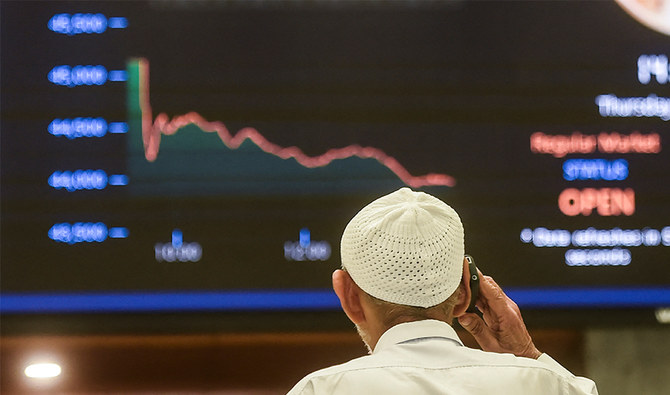KARACHI: The Pakistani finance ministry has said in its outlook for March a further escalation in domestic political conditions in Pakistan could jeopardize a positive outlook for Pakistan’s economy and aggravate macroeconomic imbalances.
The opposition parties tabled a no-trust motion against the government of Prime Minister Imran Khan on Monday, a move that comes as Pakistan faces an enduring economic crisis, with Khan's government hoping the International Monetary Fund will bail it out with the release of the next tranche of a $6 billion rescue package to shore up dwindling foreign reserves.
With nearly 20 defections in Khan's ruling Pakistan Tehreek-e-Insaf party and lack of certainty about support from some coalition partners, there are fears the PM will be left with less than 172 votes in parliament - a simple majority needed to hold on to power when the no-trust motion is put to a vote early next month.
In a bid to survive, the government announced on Monday it would give the post of chief minister of the country's largest province, Punjab, to one of its coalition partners, the Pakistan Muslim League-Quaid. But just hours later, another ruling coalition party said it was joining the opposition, which means it now has 168 votes.
“Domestic political conditions are building domestic risks,” the finance ministry said in its outlook for March 2022. “A further escalation of these risks could jeopardize the positive outlook for Pakistan’s economy and may also aggravate the macroeconomic imbalances.”
“The intensity of internal and external risks has still not been exactly realized which may adversely affect domestic economic activities,” the report added.
The threat of political turmoil in the nuclear-armed nation is growing as parliament is set on Thursday to begin debating the no-trust motion filed earlier this month by opposition parties. The vote is expected to take place within a week.

















